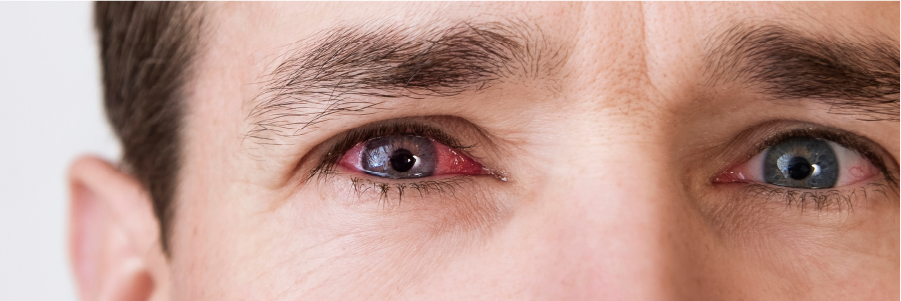Springtime in Sydney is much anticipated by many because of the lovely blooms and the mild and comfortable temperature, but one thing many don’t look forward to—allergies!
Triggers for allergies may include pollens, weeds, dust mites, pet dander, mould spores, and certain chemicals and food.
Symptoms of allergies include runny nose, irritated throat, postnasal drip, congestion and sneezing. Specific for the eyes, these may include:
- Red, watery eyes
- Burning, itchy eyes
- Velvety and oedematous conjunctivae
- Swollen eyelids
For many patients who suffer from dry eyes, allergies can mimic or worsen their symptoms. This may confuse healthcare professionals whether their symptoms are from dry eyes or just from hay fever / allergic rhinitis brought about by springtime.
Common causes of dry eyes include aging, certain medications, laser eye surgery, excessive dry air, reduced blinking of the eyes, prolonged use of computers, contact lens use, hormonal changes in women
Differences between dry eye and allergy symptoms
Dry eyes:
- Typically comes with burning, scratching or a foreign body sensation
- Possible light sensitivity
- Most often relieved with artificial tears
- Itching is not the dominant problem
Allergies:
- Red, boggy conjunctivae with watery discharge
- Typically comes with itching and tearing
- May report seasonal worsening
- May report worsening when exposed to an allergen such as pet dander or certain weeds or flowers
- Note: even if the patient reports they had never had allergies before, it is still possible to have an allergy attack at some point in one’s life no matter one’s age
In some cases, the eye symptoms could be brought about by both: when an existing dry eye condition is exacerbated by allergy symptoms.
How to be sure if it is dry eyes or allergies or both?
We recommend that you visit your local eyecare professional. Optometrists are in the position to inform, advise and manage ocular allergies as well as dry eyes in patients and their expertise, along with technology and tests, can help rule out the cause of your symptoms which may include diagnoses beyond dry eyes or allergies (for example, viral or bacterial conjunctivitis).


